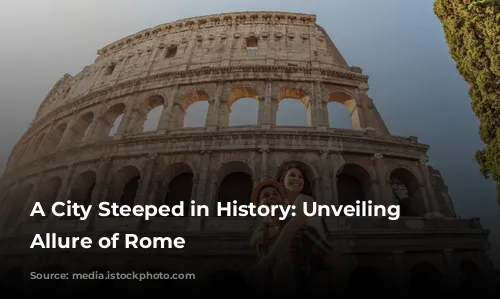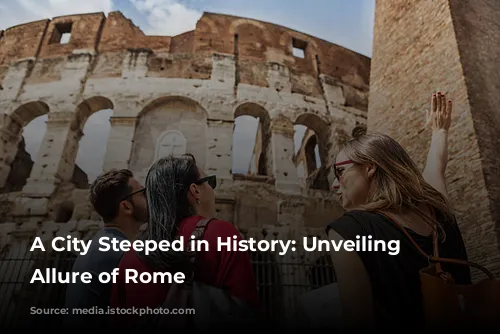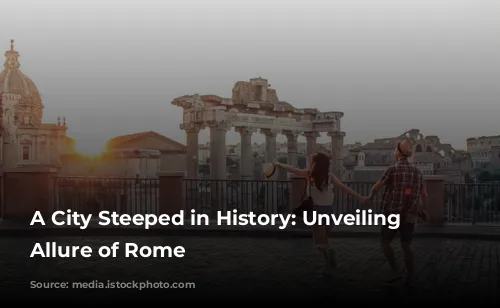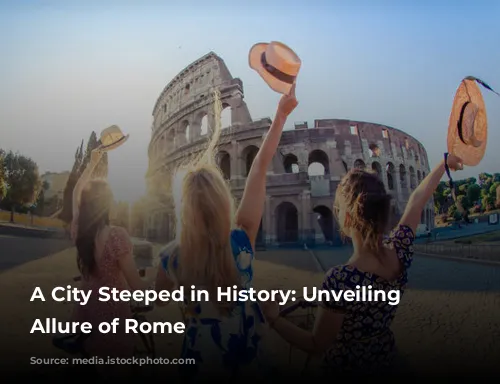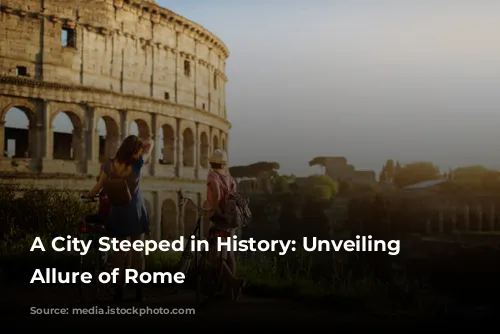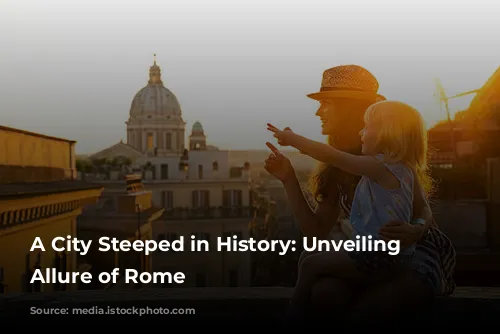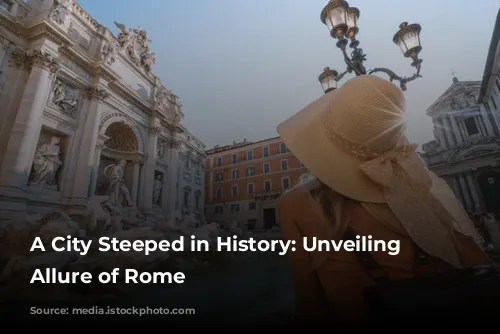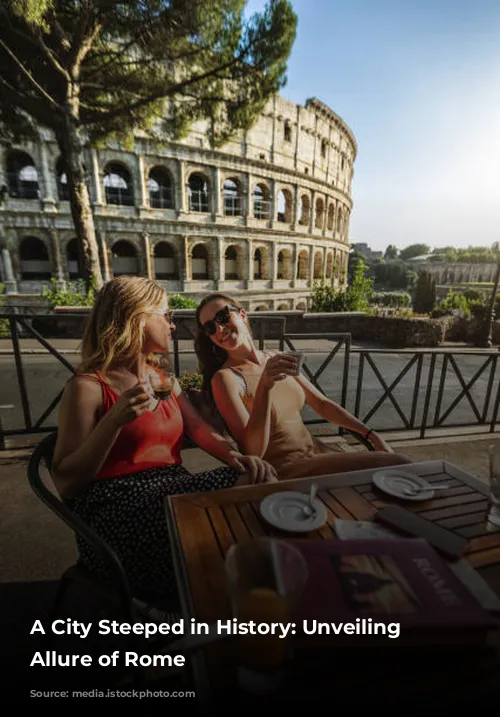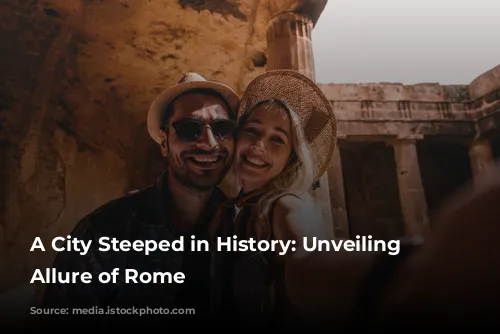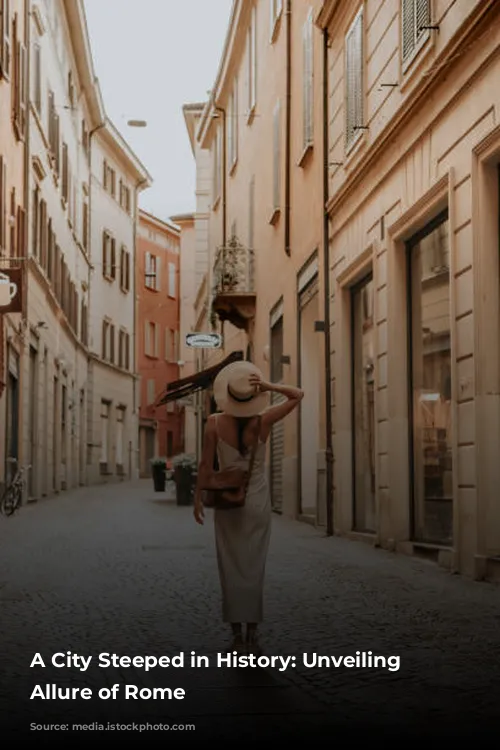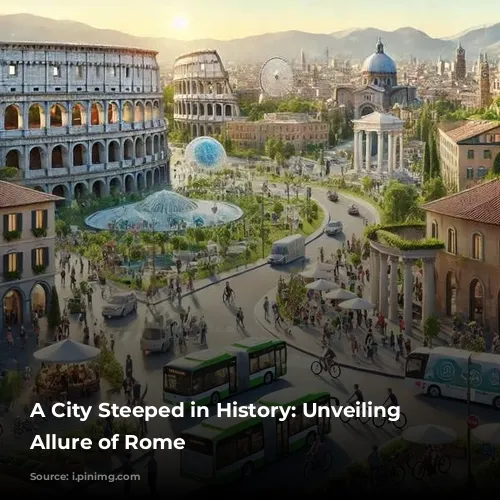Rome, an eternal city pulsating with history, beckons travelers from every corner of the globe. It’s a treasure trove of archaeological wonders, artistic masterpieces, and cultural experiences that have captivated the world for centuries.
From the majestic Colosseum, a testament to the grandeur of the Roman Empire, to the Vatican City, the heart of the Catholic Church, Rome offers a glimpse into the past and a celebration of the present.
A City Rich in Heritage and Culture
Stepping into Rome is like stepping into a living museum. Ancient aqueducts, imposing fountains, grand churches, and historic palaces whisper tales of emperors, artists, and popes. The ruins of the Roman Forum, a once-bustling center of power, now stand as silent witnesses to the city’s rich past. Even beneath the city’s streets, the Catacombs, a network of ancient underground tunnels, reveal the stories of early Christians.
Rome’s popularity as a tourist destination is undeniable. It consistently ranks among the world’s most visited cities, attracting millions of visitors each year. The Colosseum and the Vatican Museums are global icons, drawing in hordes of tourists eager to experience their splendor.
Rome’s allure extends beyond its historical significance. It’s a city that has embraced change, adapting to the world’s evolving tastes. From the Renaissance, when Rome became a hub for artists and thinkers, to the 1950s and 60s, when it served as a backdrop for iconic films like “Roman Holiday” and “La Dolce Vita,” Rome has always held a special place in the world’s imagination.
Exploring Rome’s Distinctive Districts
Rome is a city of diverse neighborhoods, each offering a unique flavor and experience.
- The Historic Center: A captivating labyrinth of cobblestone streets, ancient piazzas, and historic churches, it’s home to the Pantheon, the Trevi Fountain, and the bustling Campo de’ Fiori market.
- The Vatican: A city within a city, the Vatican City State is a must-visit for anyone interested in art, history, and faith. The Vatican Museums, St. Peter’s Basilica, and the Sistine Chapel are awe-inspiring masterpieces.
- Colosseum: Here, the echoes of gladiatorial contests still resonate. This iconic amphitheater, once the heart of the Roman Empire’s entertainment, now stands as a testament to its power and grandeur.
- Trastevere: Across the Tiber River, this charming neighborhood boasts cobblestone alleys, traditional trattorias, and a lively atmosphere.
- The North: Home to the Villa Borghese, a sprawling park filled with sculptures and museums, and the elegant neighborhoods of Parioli and Salario.
- The South: A mix of bustling suburbs, the ancient Appian Way, and the captivating catacombs that lie beneath the city.
Navigating the Eternal City: A Guide to Getting Around
Exploring Rome is a delightful adventure, and navigating its streets is part of the fun. Public transportation is efficient and extensive, making it easy to explore the city’s various districts.
- Buses: Rome has an extensive bus network that covers most of the city.
- Metro: The Metro system offers efficient travel between the city’s major landmarks.
- Trams: Trams provide a scenic way to travel, with routes connecting the historic center to key attractions.
- Trains: Rome’s train system offers connections to nearby towns and cities.
For those who prefer a more leisurely pace, walking is a great way to soak in the city’s atmosphere and discover hidden gems.
Rome is more than just a city; it’s a journey through time, an exploration of culture, and a celebration of life. With its rich history, diverse neighborhoods, and vibrant spirit, it offers an unforgettable experience for travelers of all ages and interests.
